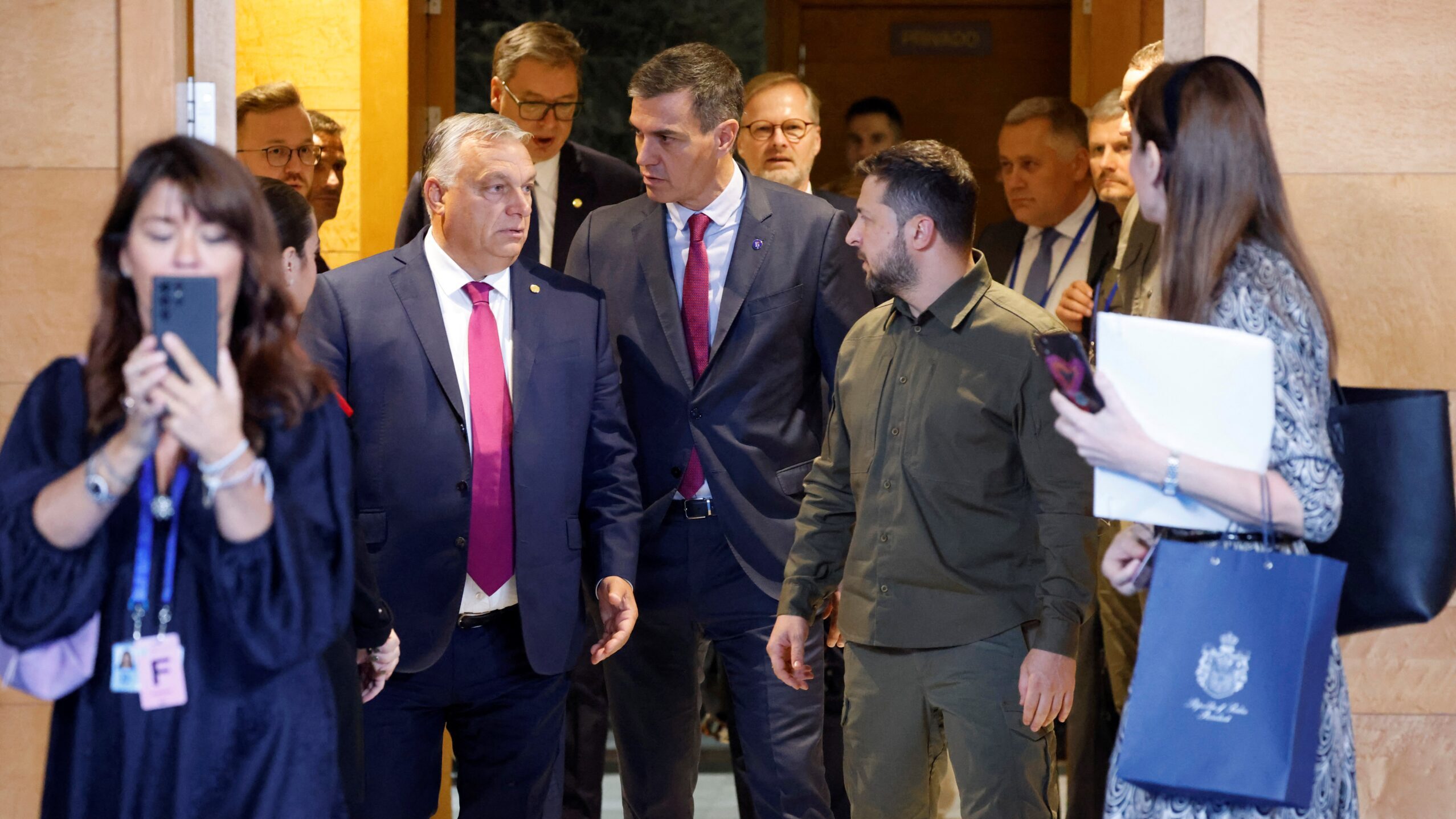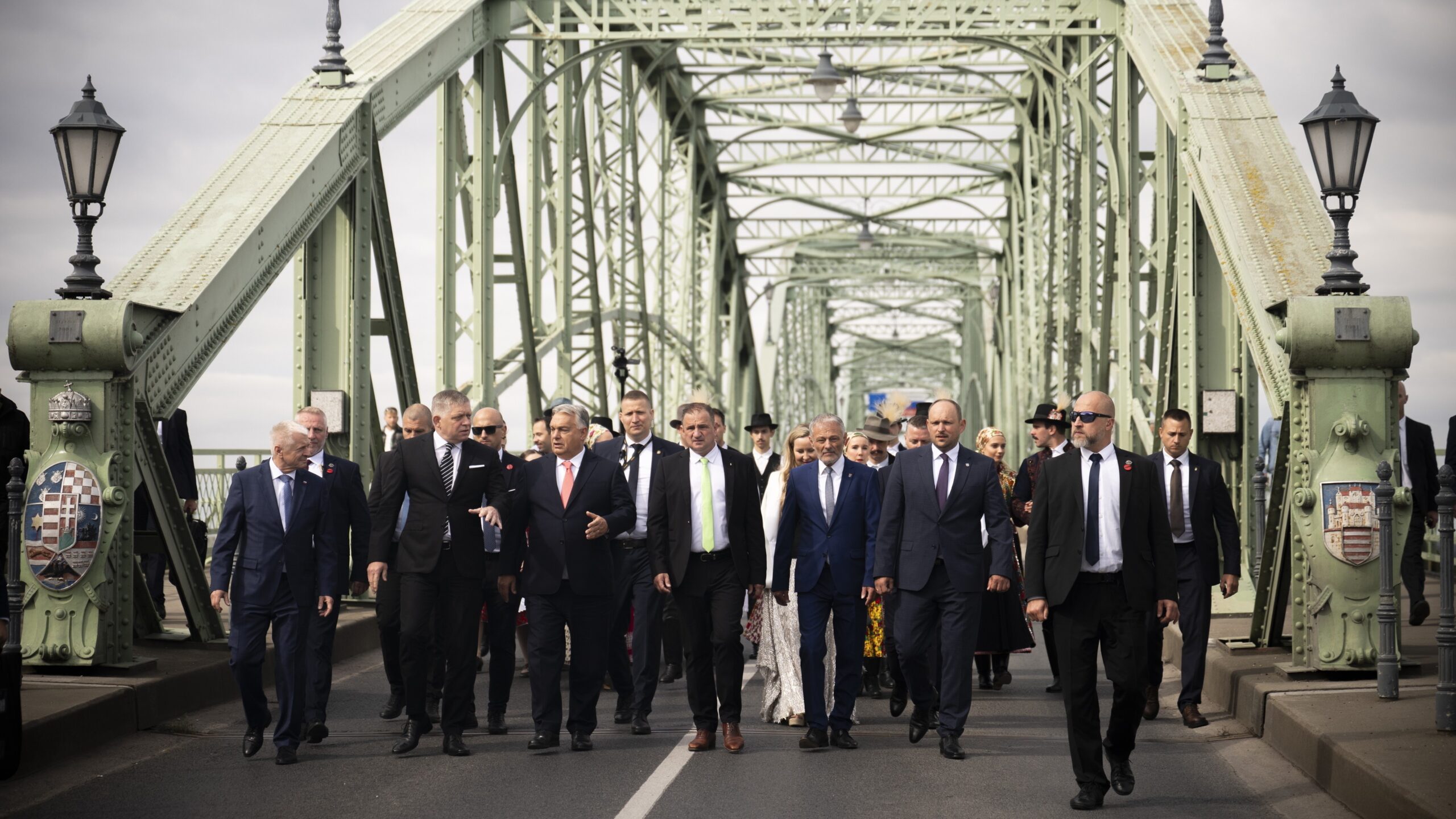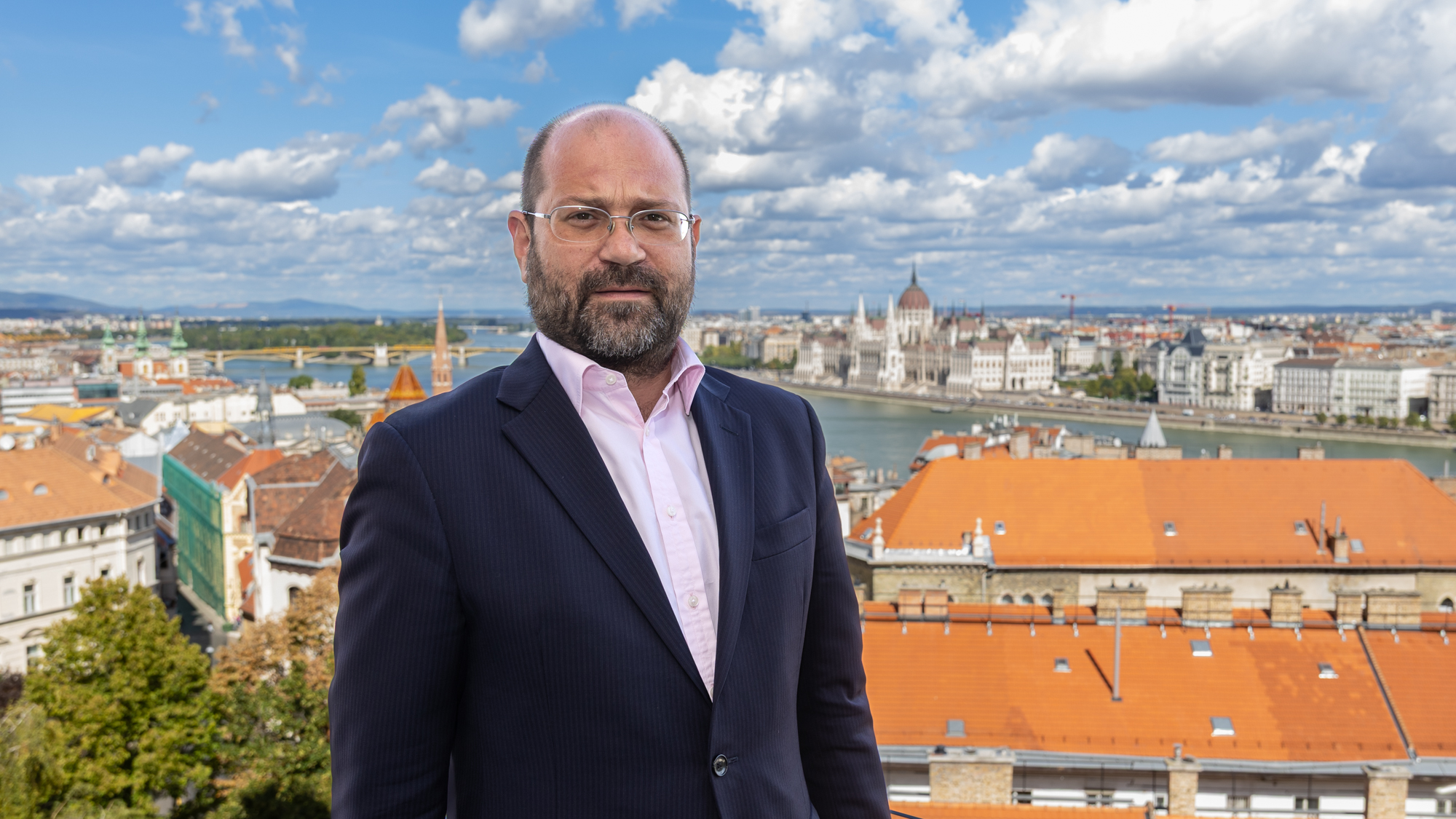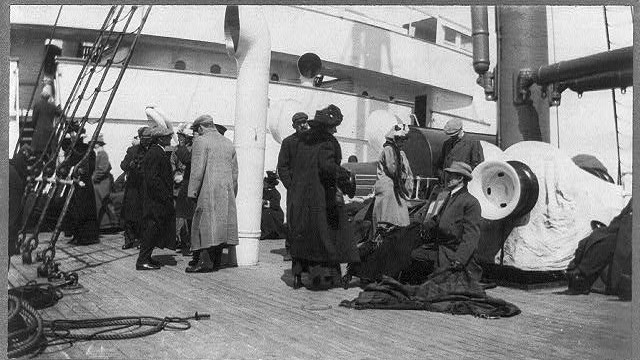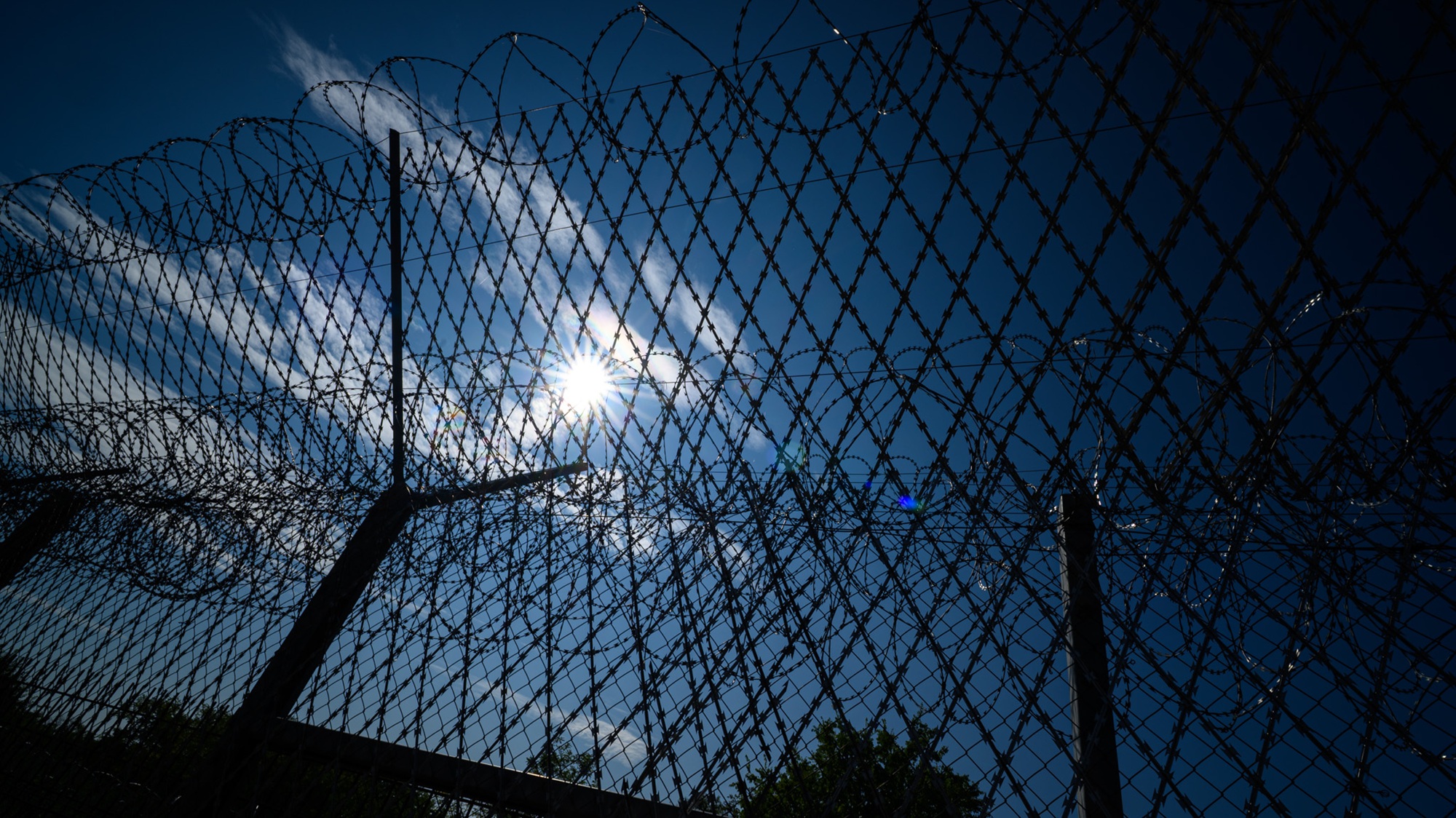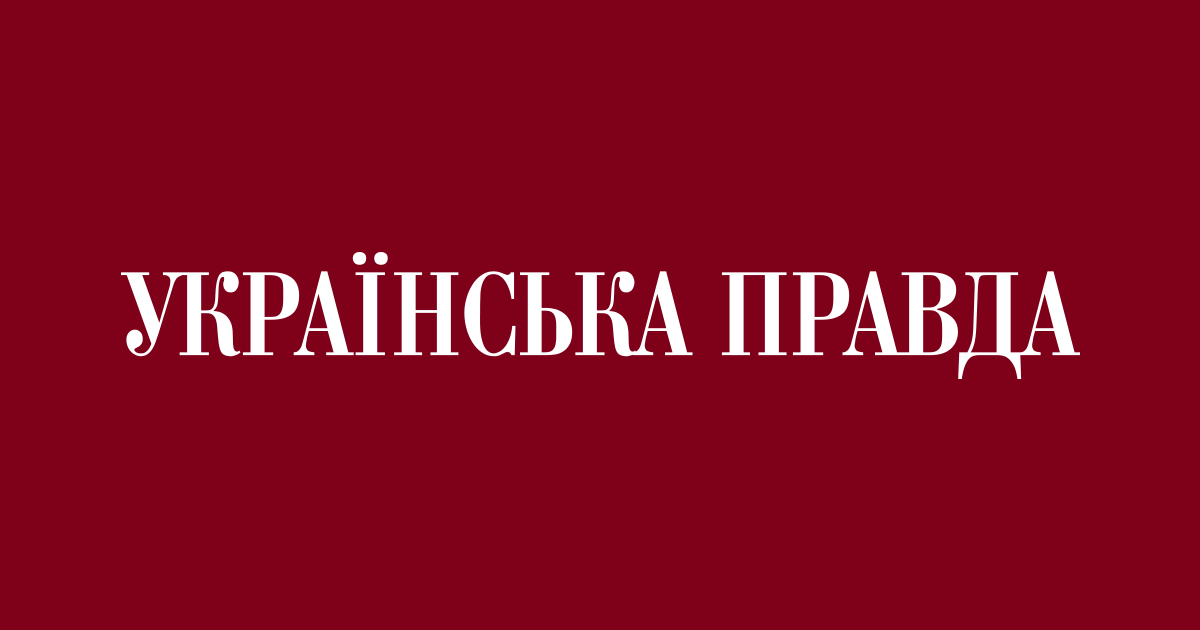
Hungary Hits Back at Kyiv, Bans Ukrainska Pravda and More Outlets
Hungary has retaliated against Ukraine’s decision to block foreign outlets by banning access to several Ukrainian sites, including Ukrainska Pravda. Minister Gergely Gulyás called Kyiv’s move censorship, arguing that silencing critical media undermines its EU bid.

